Eco Label
Certification
Contact Us
- Mahmutbey Neighborhood
- Dilmenler Cd, No: 2
- Bagcilar, 34218
- Istanbul Turkey
- +90 212 702 20 00
- [email protected]
ECO Label ™ International Certification © 2021 ecolabel.org
The ECO LABEL certification program is an approach that aims to inform consumers about the environmental impact of consumption patterns on the one hand, and to encourage manufacturers to improve the environmental sustainability of their products and services on the other.
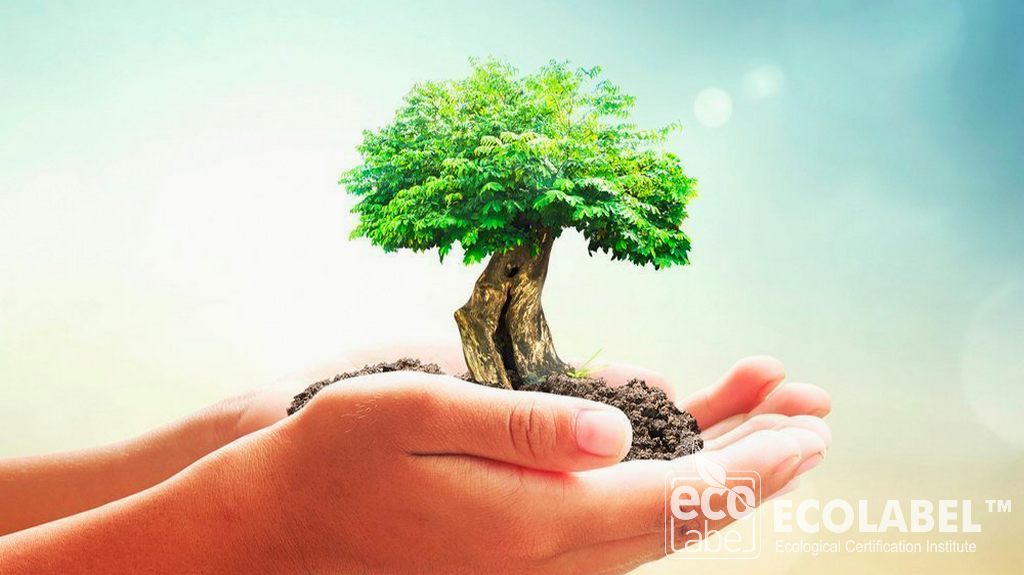
In general, the concept of sustainability is defined as the ability of a society to sustain an ecosystem or any system with continuity without deterioration, consumption and overloading of resources. According to a generally accepted definition, being sustainable means meeting the needs of today without compromising the ability to meet the needs of future generations.
It is important in this respect that eco-labeling studies are also sustainable. Evaluation of ecological potential in environmentally sensitive sectors, paying attention to the balance of protection and use of the environment, protecting natural resources from pollution, refining and reusing waste water, using energy and water resources efficiently, increasing the share of renewable energy resources, protecting biological diversity and improving environmental awareness ECO LABEL program It is also among its priority issues.
Today, when developing various eco-label programs around the world, the following environmental conditions are mainly taken into account: energy use, climate characteristics, water consumption, use of raw material resources, use of chemicals and compounds, hazardous waste water discharge, packaging characteristics and waste status. ECO LABEL certification and labeling program also acts on this basis. While the first priority of this program is to ensure that people are informed and guided correctly while making their purchasing decisions, the second priority is to protect and observe the environment.
What sets the ECO LABEL label apart from other similar labels is that it is an official, independent and third-party certification program.
The ECO LABEL label on a product means that this product has been approved according to a standard based on scientific studies.
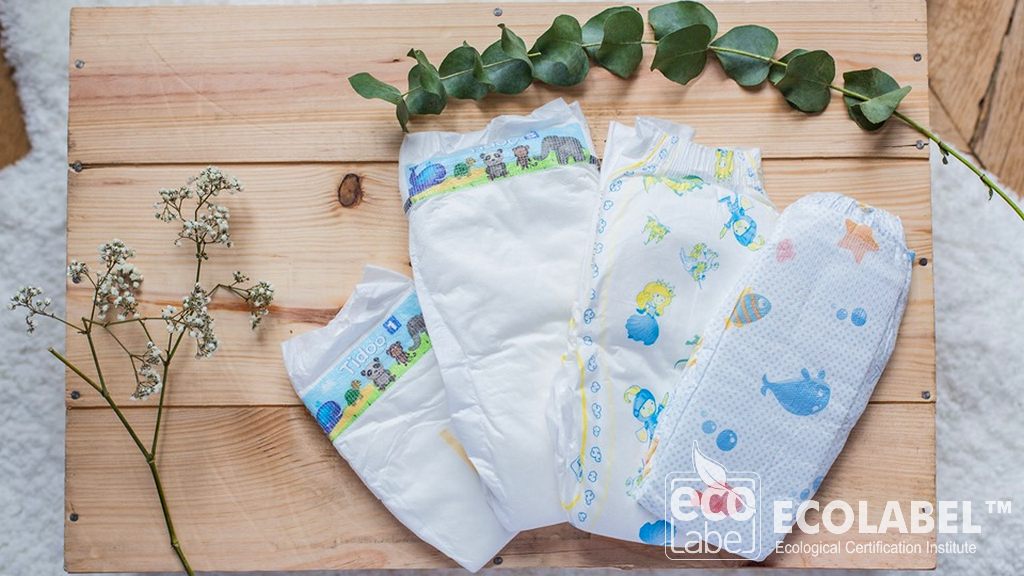
Millions of diapers are used every day around the world and then thrown away. Not only do they use large amounts of raw materials in their production, they also generate a lot of waste.
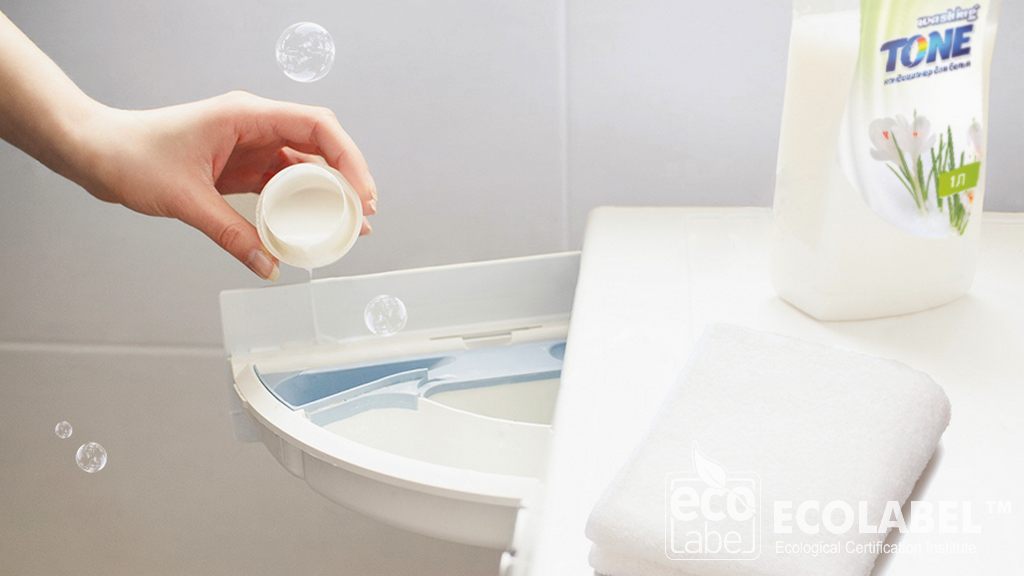
We use the washing machine almost every day to clean the dishes or to clean the laundry in our homes. So ...
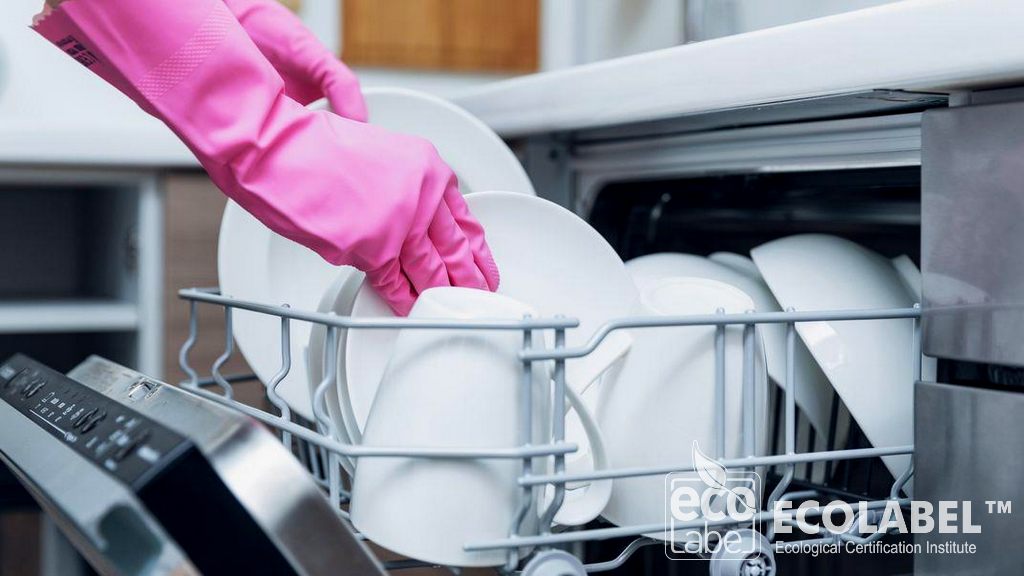
We use the dishwasher to wash the dishes almost every day, and the washing machine to clean the clothes in our homes. Hence, the dish ...
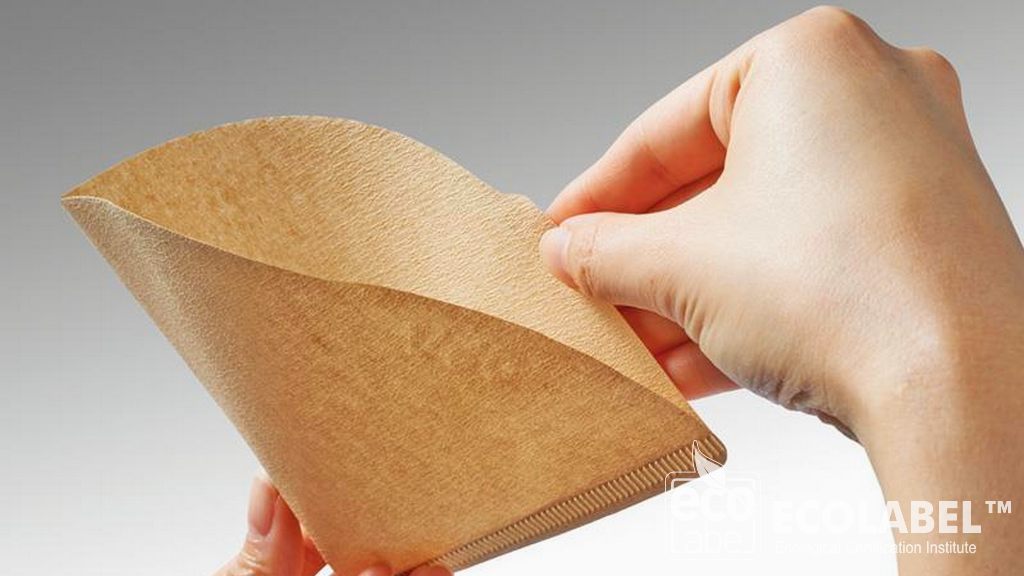
Neither bleaching processes nor a number of other critical auxiliaries are used in the production of ECO LABEL certified filter papers. The production process, ...
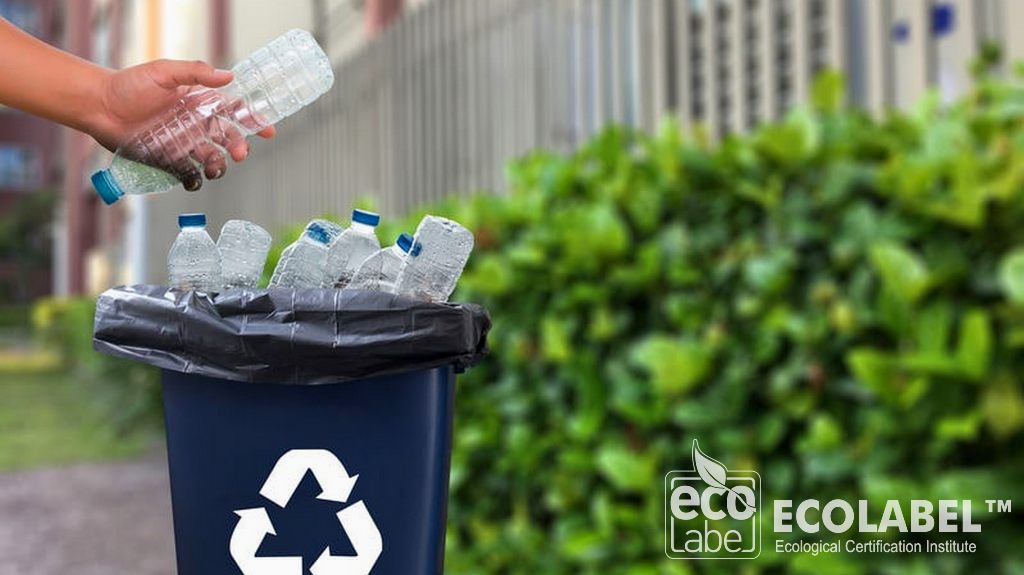
Plastic is probably one of the most used materials in every industry and daily life. Millions of tons of plastic waste are produced daily in the world. Plastic is the most valuable resource ...
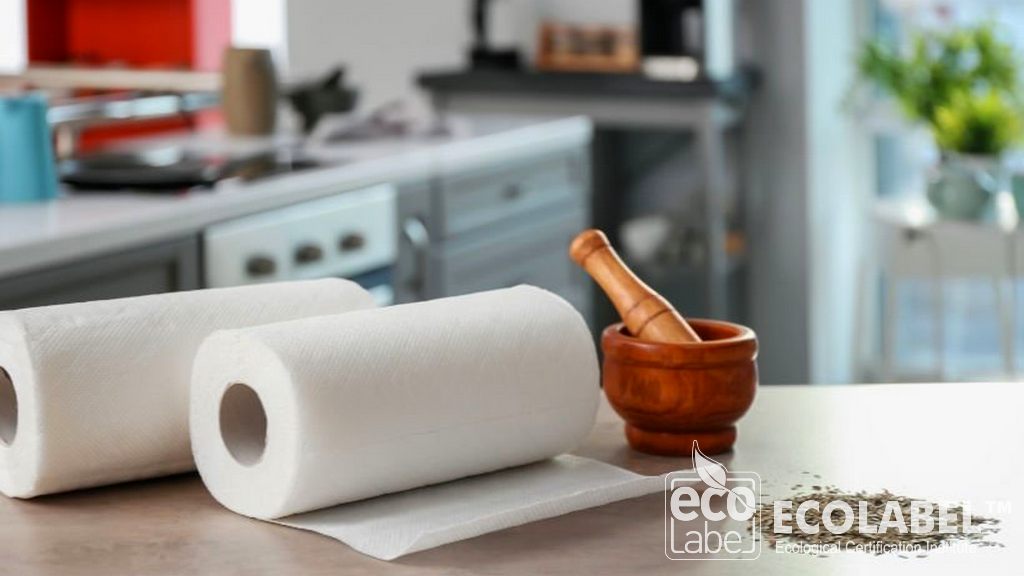
There is a great demand for paper products used in the bathroom and toilet - as hygiene paper or for drying your hands for body care. Waste instead of new fibers ...
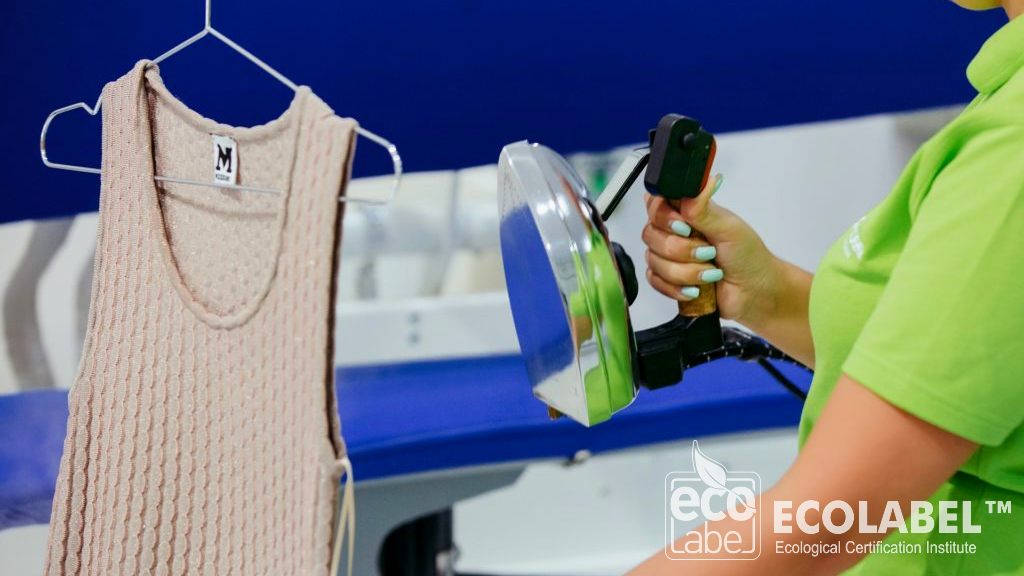
This certificate in the ECO LABEL program is awarded to service providers who offer professional cleaning of textile and leather outerwear and home textiles. When you have a suit or suit cleaned, the k ...
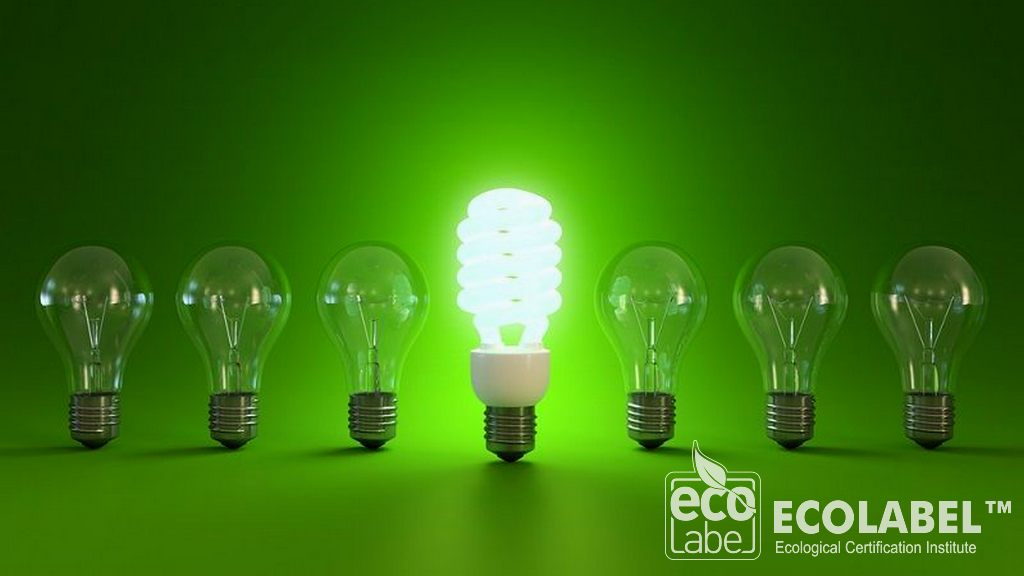
Compact fluorescent lamps - also popularly called "energy-saving bulbs" - and LED lamps are made from incandescent lamps to produce the same light.
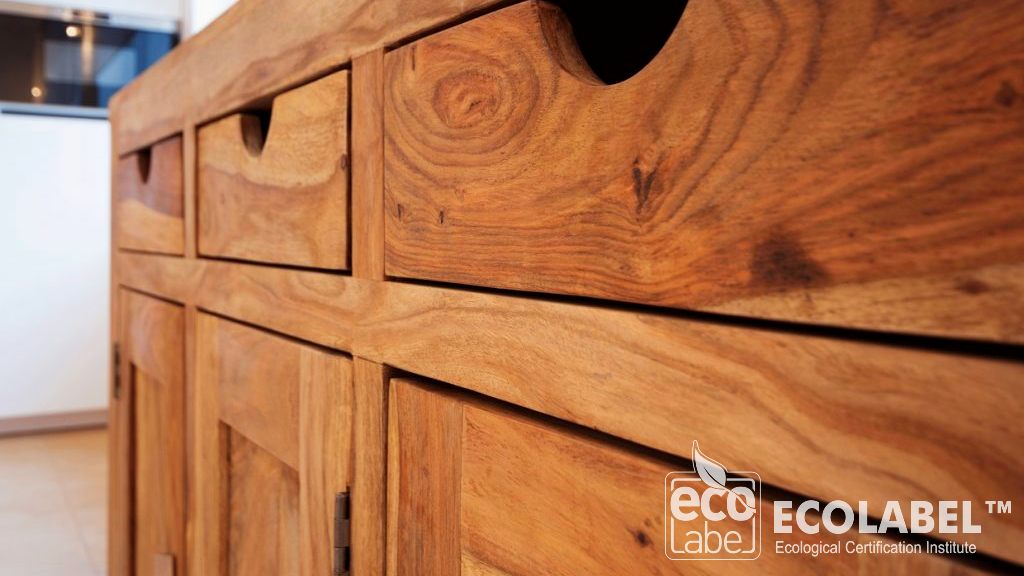
Products made of wood or wood-based materials such as furniture can cause environmental impacts during their manufacture, use and disposal. ECO LABEL is a product that ...
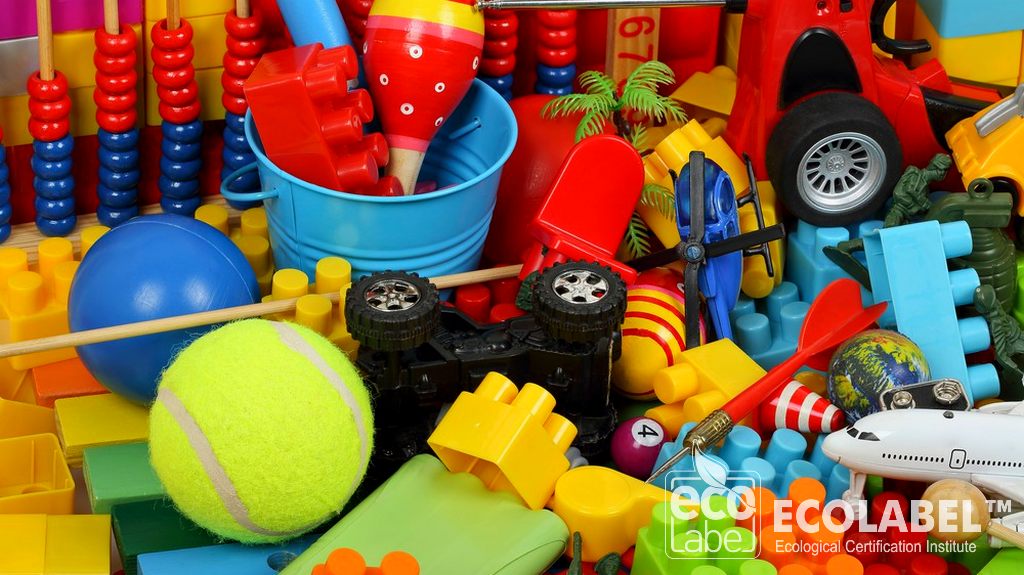
Consumers place high demands on toys because they are products used by children, they want them to be free from hazardous substances. Why ...

In protected areas and private gardens, many people consider the noise generated by garden tools to be significant noise pollution. Garden tools with low noise and low pollution.
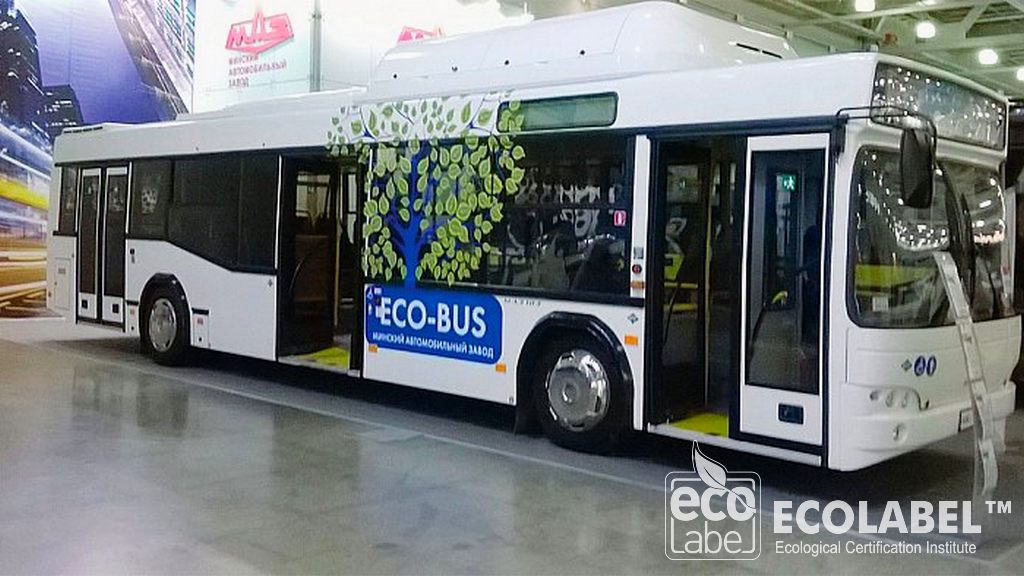
The aim is to reduce pollutant emissions and noise disturbances caused by buses, especially in metropolitan, inner-city and private protected areas. ...
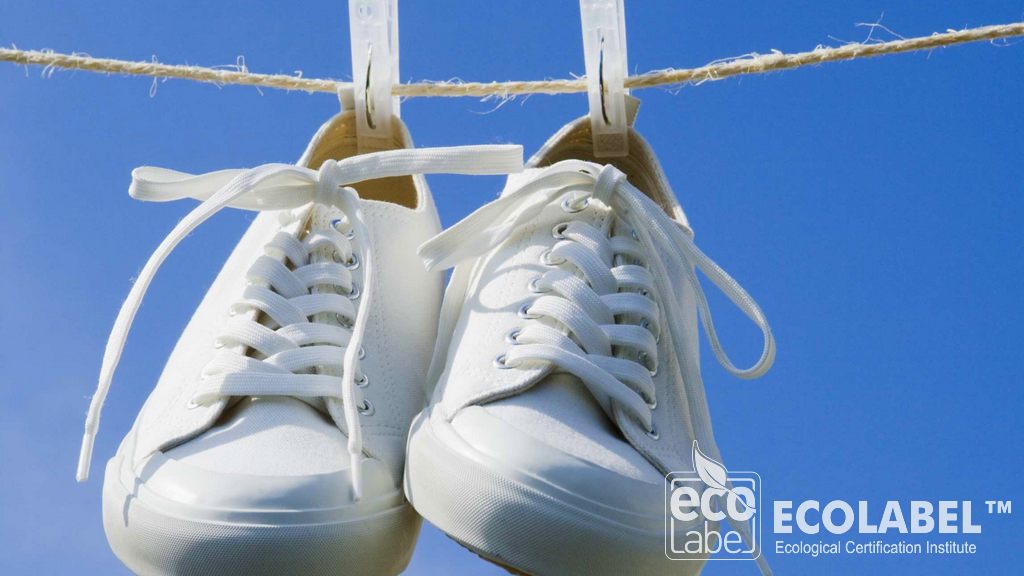
The ECO LABEL criteria for shoes and insoles takes into account the entire production process and covers all processes related to environment and health. ECO LABEL is essentially an environmental label, but consumers are ...
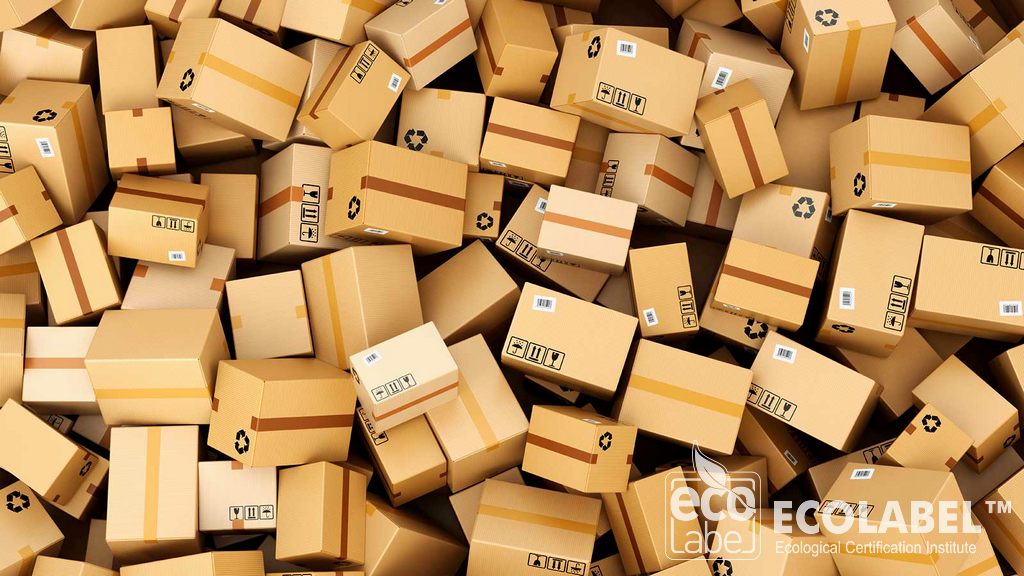
Comparing their impact on ecological systems, these cardboard products made from recycled paper are in terms of resource use, waste water load and water and energy consumption.
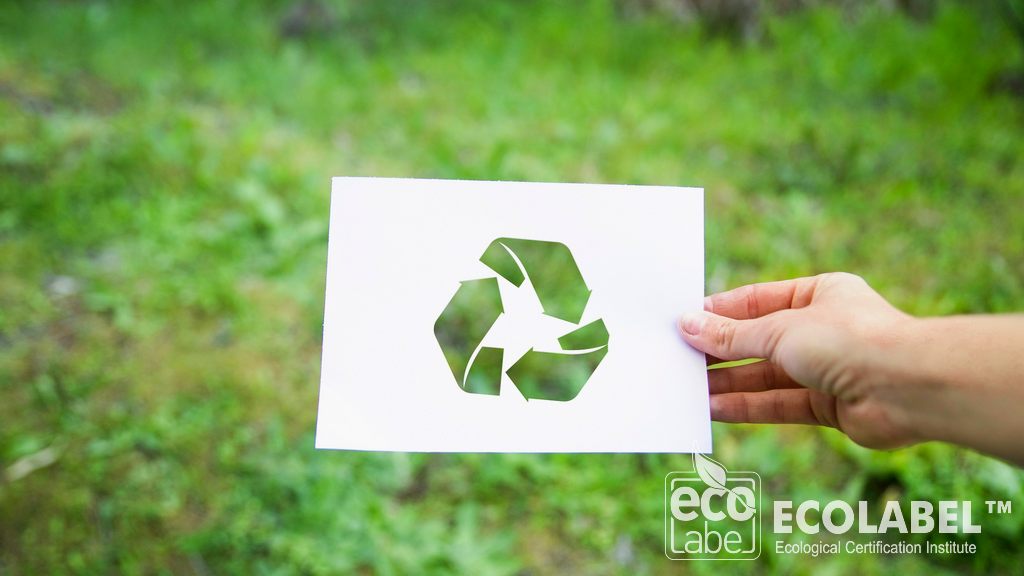
Unlike the papermaking process made from fresh fibers, making paper from recycled paper not only saves resources but also produces less waste water and is more ...
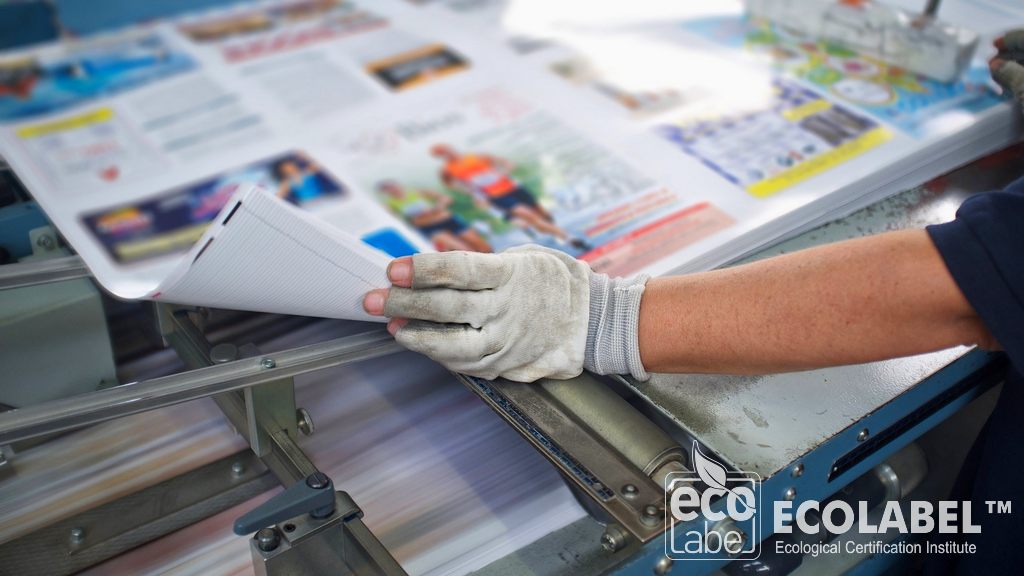
Printed materials such as newspapers, magazines, books, catalogs, prospectuses, advertising supplements, brochures, flyers, calendars, instructions for use, posters and billboards are widely available.
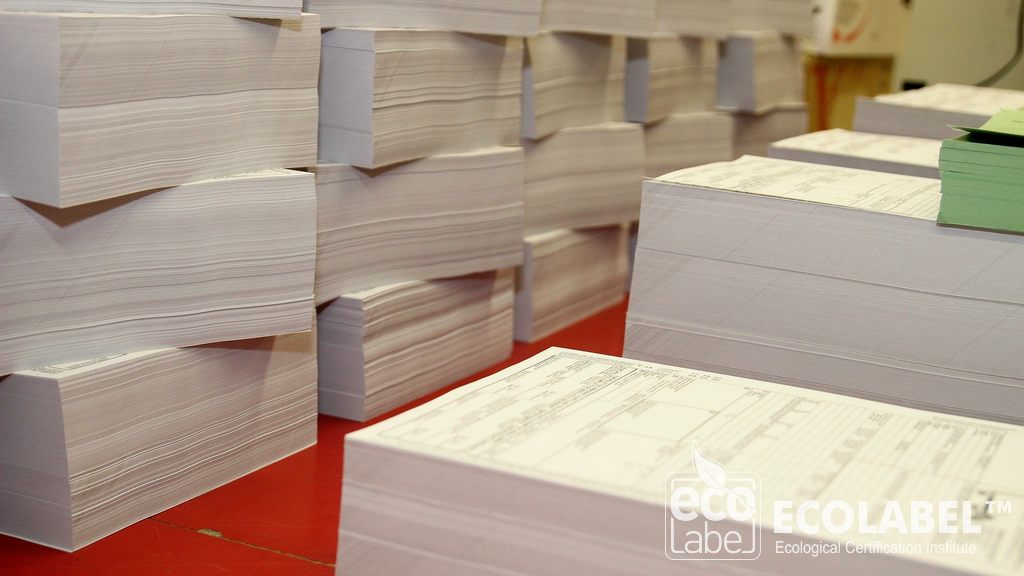
Unlike the papermaking process made from fresh fibers, making paper from recycled paper not only saves resources but also produces less waste water and is more ...
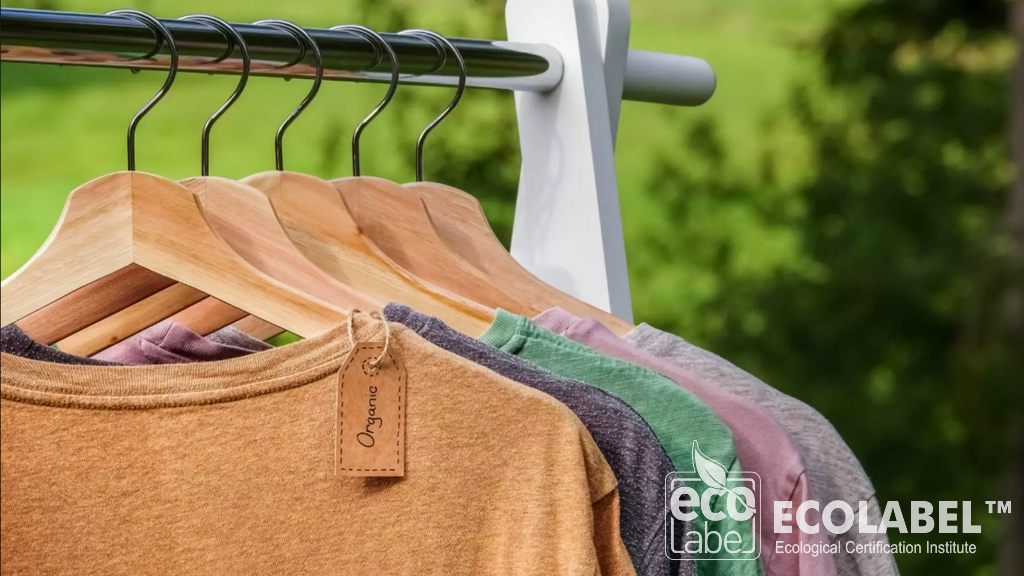
There are many textile standards on paper, but in most products they are poorly implemented. Not every ecological label guarantees environmentally friendly standards for the entire production chain. Many few ...
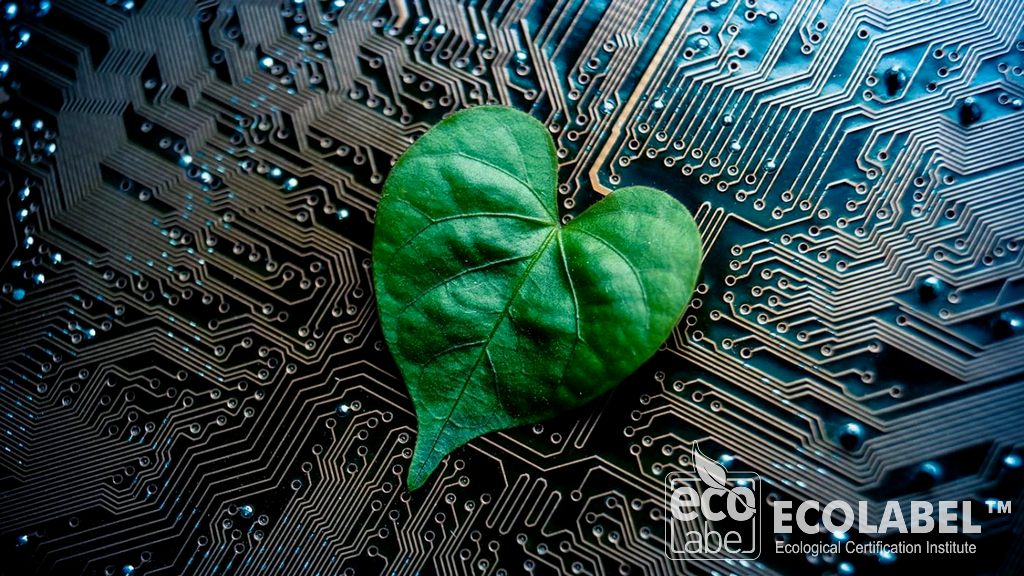
Green electronics and machinery are designed to progressively minimize energy use and have less impact on the environment. It's just electricity ...

To reduce or eliminate negative effects in construction and building design, construction or operation, and to create positive effects on our climate and natural environment, environmentally friendly materials ...